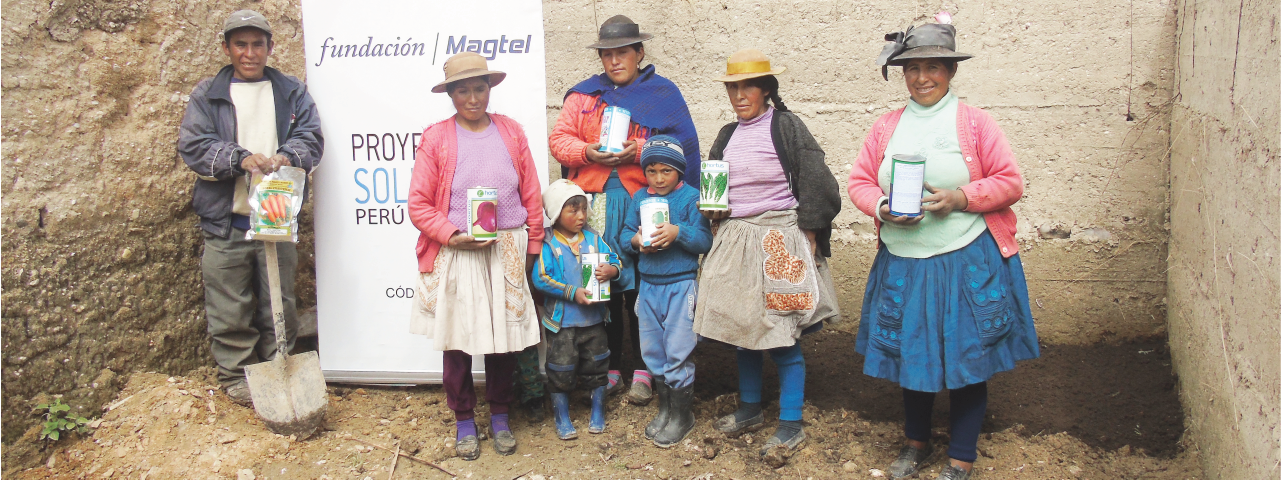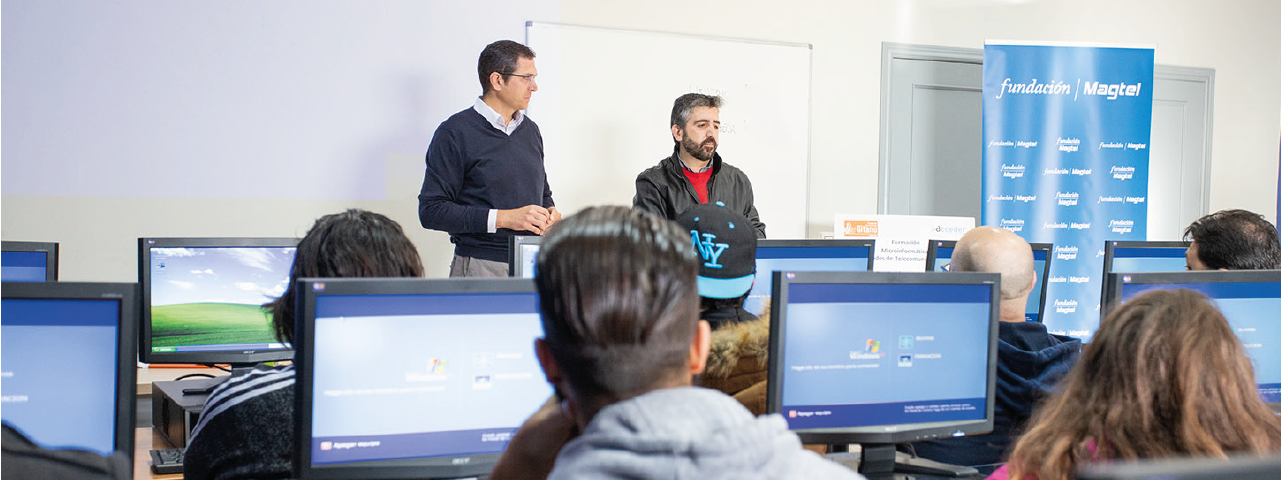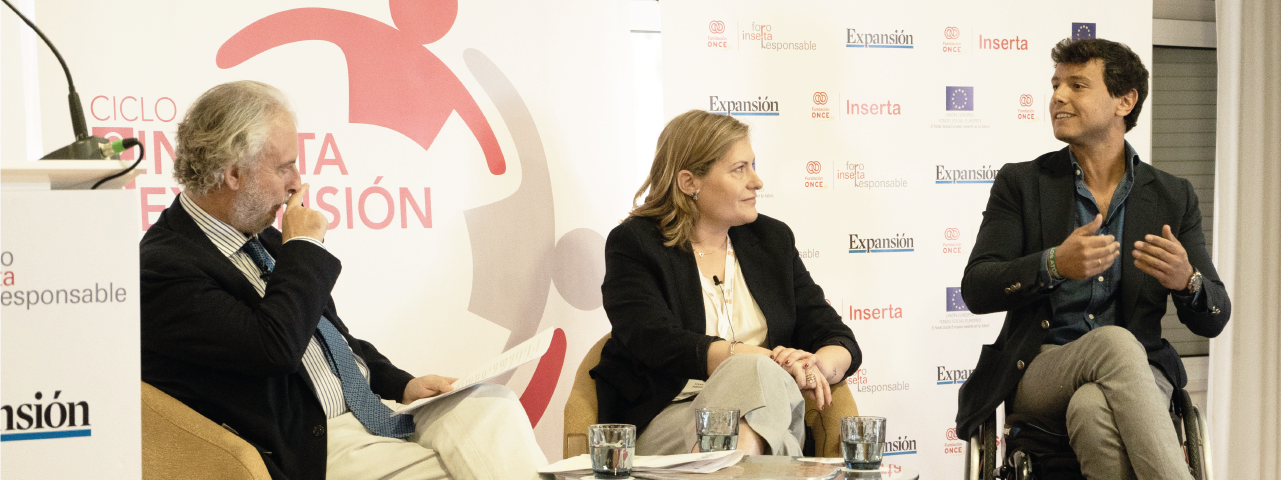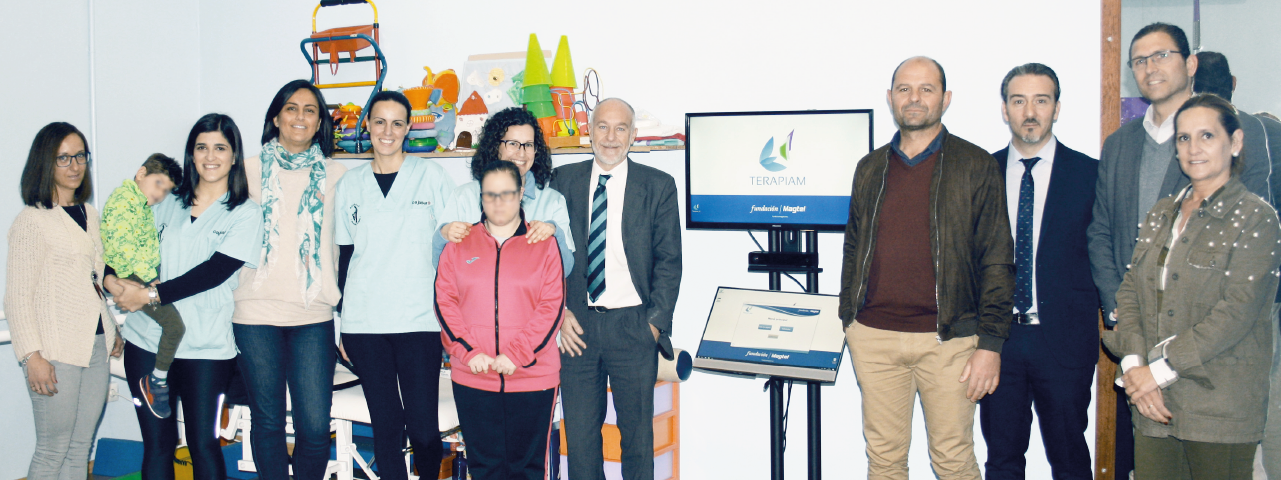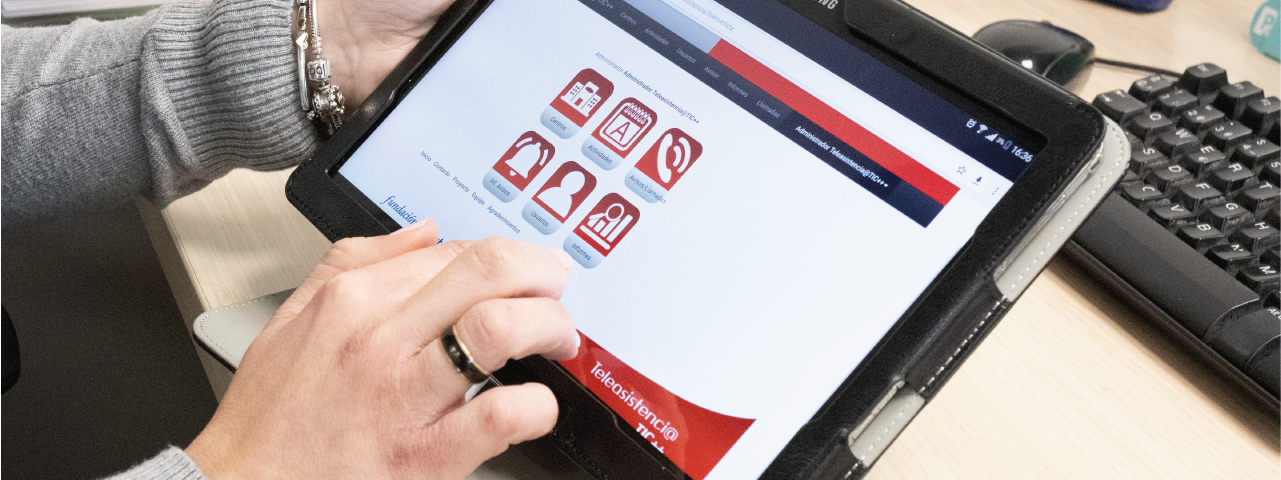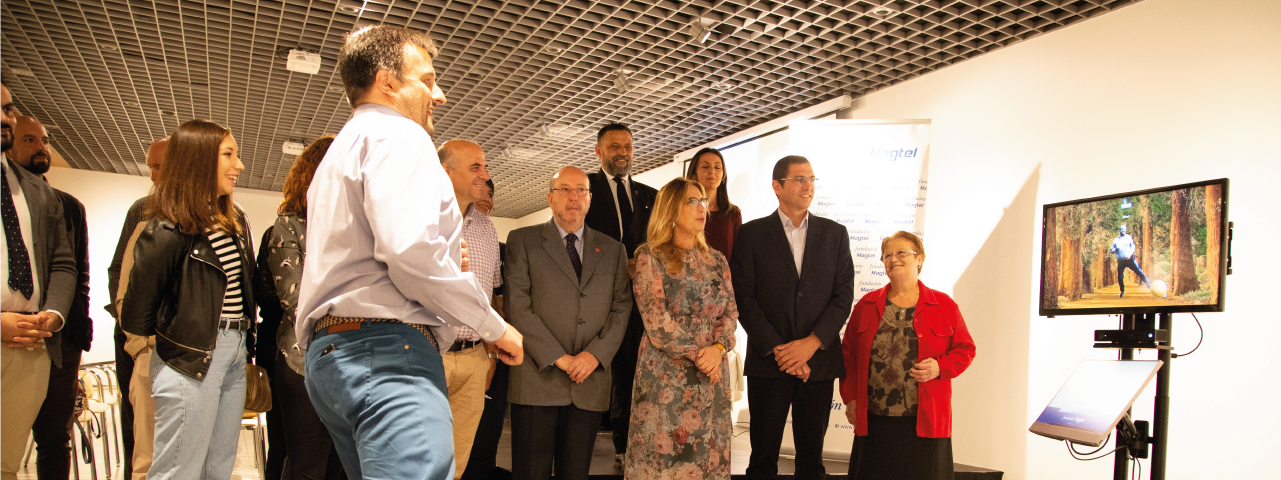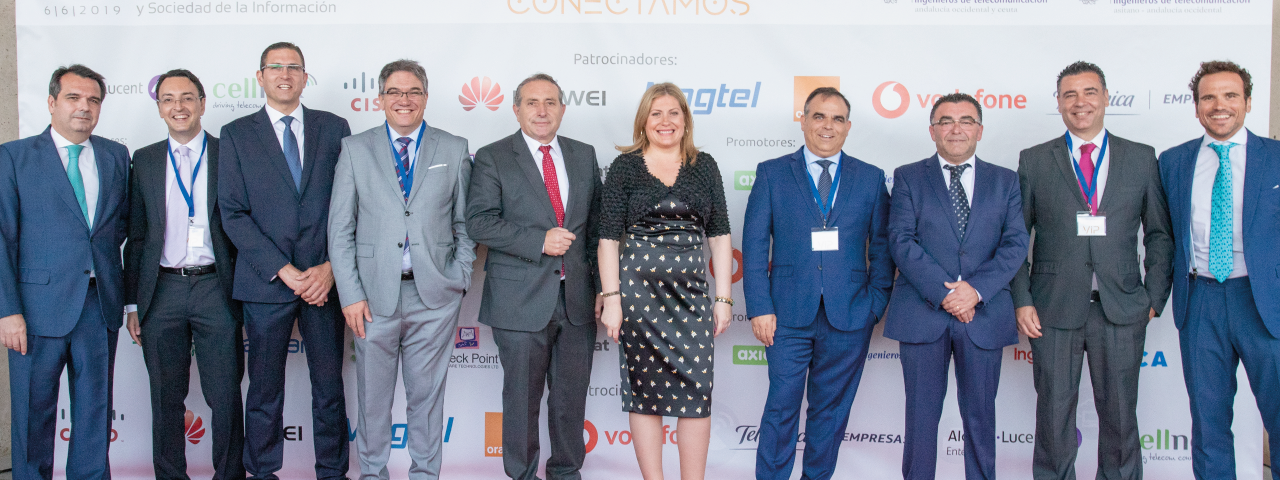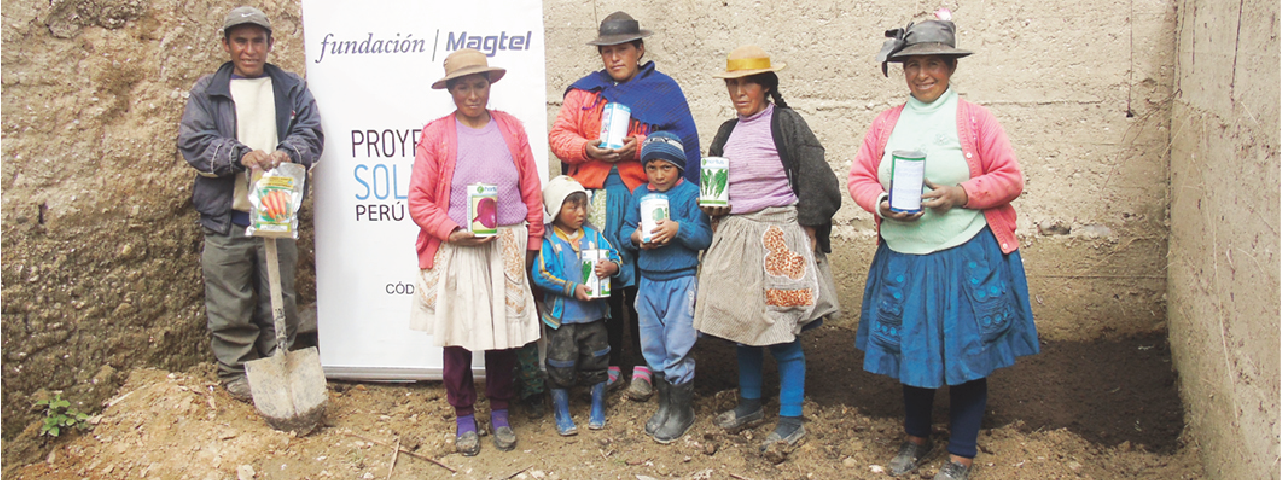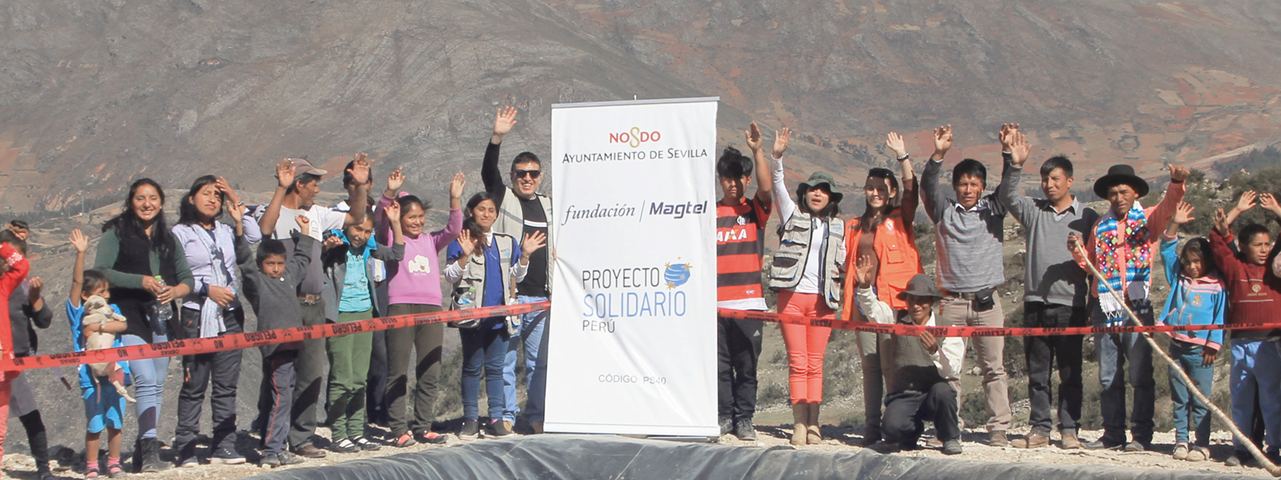The project’s goal is to increase the income of 50 families by expanding agricultural production and subsequently selling the products
The Magtel Foundation is working on a project to improve water management and to increase agricultural production in Peru’s Cedropampa community. The aim of this initiative is to raise the income of 50 families in the community, currently in extreme poverty, by promoting eco-friendly agriculture and associativism, and improving product commercialization.
The project was launched last December to create a new irrigation system that includes installing an artificial water storage well and building irrigation canals on the communal land. It will also involve working with Cedropampa residents on how to use and maintain this new infrastructure, along with agricultural training.
Additional plans include encouraging locals to plant and restore traditional crops, such as native potato varieties, by using natural compost to improve soil fertility. Thanks to this project, Cedropampa residents will be able to harvest twice yearly as opposed to only once per year.
With this initiative, the Magtel Foundation strives to implement sustainable and environmentally friendly practices that support the socioeconomic development of this community, one of the poorest in the nation. In this sense, the project works on promoting associativism, women’s empowerment and a stronger commercialization network that will help farmers receive fair prices for their products.
Cedropampa community
This community belongs to the Salcabamba district and is located between the Western and Eastern Ranges of the Andes Mountains, in Peru’s central region. According to the latest census, it is made up of 50 families with limited resources and without access to basic services such as a public water system. However, Cedropampa has a significant amount of water resources and extensive farmland for agriculture.
The project will assist these families, with a special focus on women and girls in light of the discrimination they frequently face. For its execution, the project has a team of professionals who speak Quechua, the residents’ mother tongue, making it easier to communicate and respect the cultural diversity.
Participating entities
The initiative is funded by the Córdoba Provincial Council and backed by the Magtel Foundation, which provides the technical consulting needed to manage and execute the project, along with the experience obtained in similar water cycle management projects. The local counterparts in Peru include the Proyecto Solidario por la Infancia and the Salcabamba municipality as the local partner to which Cedropampa residents belong.
A participatory project
The project’s design has had a strong participatory nature because it resulted from a preliminary analysis performed by the entities involved, in which Cedropampa’s residents expressed their needs and proposed solutions. The main issues it aims to address are the limited resources among families, the minimal involvement of women in the community’s local development and the insufficient access to water for irrigation purposes.
This project is an extension of the work started in 2016 in Cedropampa, also in conjunction with the Córdoba Provincial Council. That project made it possible to create an Irrigation Committee and train 30 mothers. The second phase aimed at improving the irrigation, production and commercialization systems remained pending, although it is currently underway.
